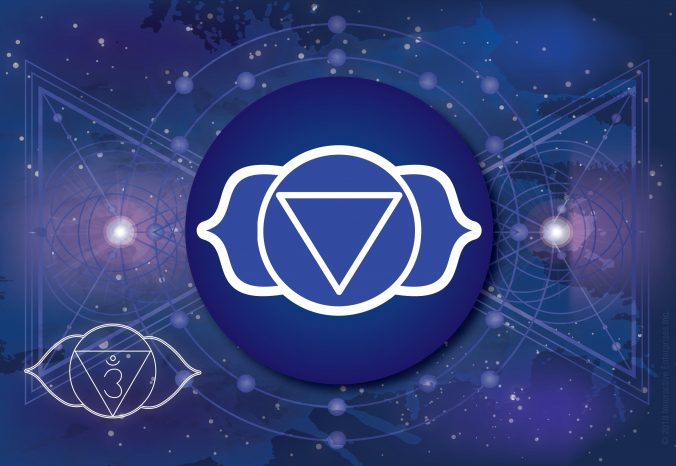We offer you a 10 Step Program – How to NOT Overthink
The journey toward reaching our dreams seems arduous and complicated. But it doesn’t have to be. There fundamental elements to remember are discovering how to set clear and achievable goals, and maintaining perseverance and resilience. Let’s delve into these pillars of success.
Once you have identified your passion, the next step involves goal setting. Clear and achievable goals serve as milestones on your journey to success. They offer a roadmap, guiding your efforts toward your ultimate objective.
Here are 10 key parts of our program:
Step 1. Recognize the negative impacts of overthinking: This program highlights the detrimental effects of overthinking, such as increased stress, anxiety, and decision paralysis. Understanding how overthinking holds us back can motivate us to change our thought processes.
Step 2. Embrace simplicity: We emphasize the importance of simplifying our lives and thoughts. By focusing on what truly matters and letting go of unnecessary complexities, we can find more peace and clarity.
Step 3. Trust your instincts: Overthinking often stems from a lack of trust in ourselves. This program teaches us to listen to our intuition and rely on our own judgment. By tapping into our inner wisdom, we can make decisions more confidently.
Step 4. Practice mindfulness: Cultivating present-moment awareness through mindfulness can help us break free from overthinking. By staying grounded and fully engaging in each moment, we can escape the cycle of rumination and find calmness.
Step 5. Take action: Overthinking often keeps us stuck in inertia, preventing us from taking action. The book encourages us to embrace action and make progress, even if it means taking small steps. By doing so, we can gain momentum and overcome the habit of overthinking.
Step 6. Challenge unhelpful thoughts and beliefs: Overthinking often arises from negative self-talk and irrational beliefs. We prompts you to challenge these thoughts and replace them with more empowering and realistic ones. This shift in thinking can help break the overthinking cycle.
Step 7. Cultivate self-compassion: Overthinking can be fueled by self-judgment and self-criticism. This program emphasize the importance of practicing self-compassion and treating ourselves with kindness and understanding. This allows us to approach our thoughts and decisions with more grace and forgiveness.
Step 8. Set boundaries with information overload: The abundance of information available can be overwhelming and contribute to overthinking. This program recommends setting boundaries with how much information we consume, prioritizing quality over quantity. Taking breaks from constant input can help clear our minds and reduce overthinking.
Step 9. Surround yourself with supportive people: Having a supportive network of friends, family, or mentors can help counter overthinking tendencies. This program advocates for seeking out relationships that encourage healthy thinking patterns and provide a sounding board for our thoughts.
Step 10. Practice gratitude: Overthinking often leads us to focus on what could go wrong or what’s not working. This program suggests incorporating gratitude into our daily lives to shift our perspective towards positivity and appreciation. Cultivating gratitude can counterbalance overthinking and promote a more optimistic mindset.
Pursuing our dreams is a personal and unique journey. While the process might seem daunting initially, remember that the keys to unlocking your success lie within you. By discovering your passion, setting clear and achievable goals, and bolstering your resilience, you’re well-equipped to dream and realize those dreams. Your passion is the spark, your goals are your compass, and your resilience is the fuel that will drive you toward the life you aspire to lead.
Let’s embark on this journey, for the road to success is always under construction, and there’s no better time to start than now.
If you have any questions about our 10 Step Program – How to NOT Overthink please e-mail us here: info@hypnotherapycenter.co.za.

